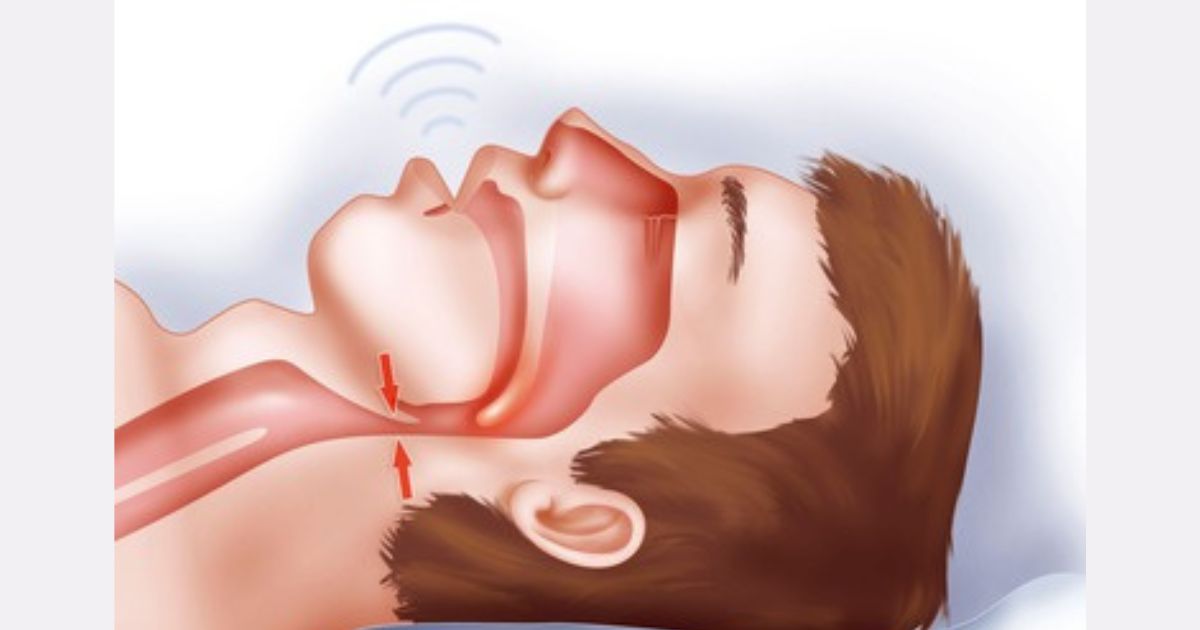A recent study published in BMC Psychiatry sheds light on a potential connection between major depressive disorder (MDD), anorexia, and gut microbiota. Led by researchers at the First Hospital of Shanxi Medical University, the study suggests that individuals with both depression and anorexia exhibit distinct patterns in their gut bacteria, particularly involving the presence of a specific bacterium called Blautia.
Depression, characterized by persistent sadness and a loss of interest in daily activities, affects millions worldwide and is often accompanied by a high risk of suicide. Anorexia, marked by reduced appetite and distorted body image, commonly co-occurs with depression, complicating treatment efforts.
Gut Bacteria’s Role in Depression and Anorexia
The gut microbiota, a diverse community of microorganisms residing in the digestive tract, has garnered increasing attention for its potential role in mental health. This study delved into how differences in gut microbiota may relate to depressive and anorexic symptoms, as well as levels of inflammation.
The research involved 92 participants, including 46 first-episode, untreated MDD patients and 46 healthy controls. Fecal samples were collected from all participants for gut microbiota analysis, while blood samples were taken to measure inflammatory markers.
Distinct differences in gut microbiota composition were observed between MDD patients with anorexia and both healthy controls and MDD patients without anorexia. Specifically, the bacterium Blautia was found in higher abundance in MDD patients with anorexia, correlating with increased inflammation and severity of depressive and anorexic symptoms.
However, the study found no significant differences in other inflammatory markers across the groups, emphasizing the specific role of C-reactive protein (CRP) in the observed associations.
The researchers also explored the potential diagnostic utility of these microbial differences. Their analysis suggested that specific bacterial genera could serve as biomarkers for identifying MDD patients with anorexia, offering promise for more targeted diagnostic approaches in mental health care.
While these findings provide valuable insights into the biological underpinnings of depression and anorexia, the study’s cross-sectional design limits its ability to establish causality. Future research utilizing longitudinal approaches will be essential for further elucidating the complex relationship between gut microbiota, inflammation, and mental health conditions.
The study, titled “Gut microbiota and inflammatory factor characteristics in major depressive disorder patients with anorexia,” was authored by Fengtao Guo and colleagues.








Leave a Reply
You must be logged in to post a comment.